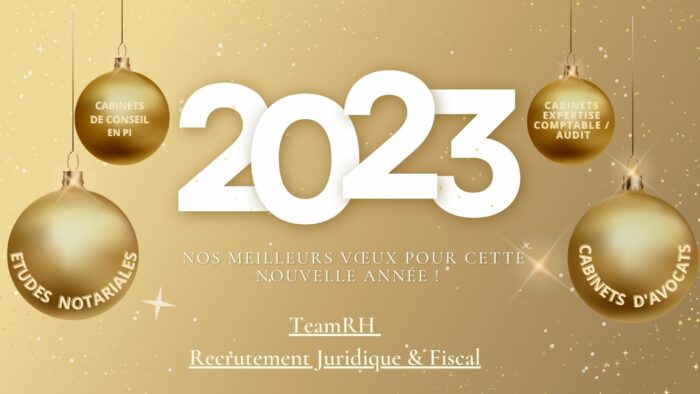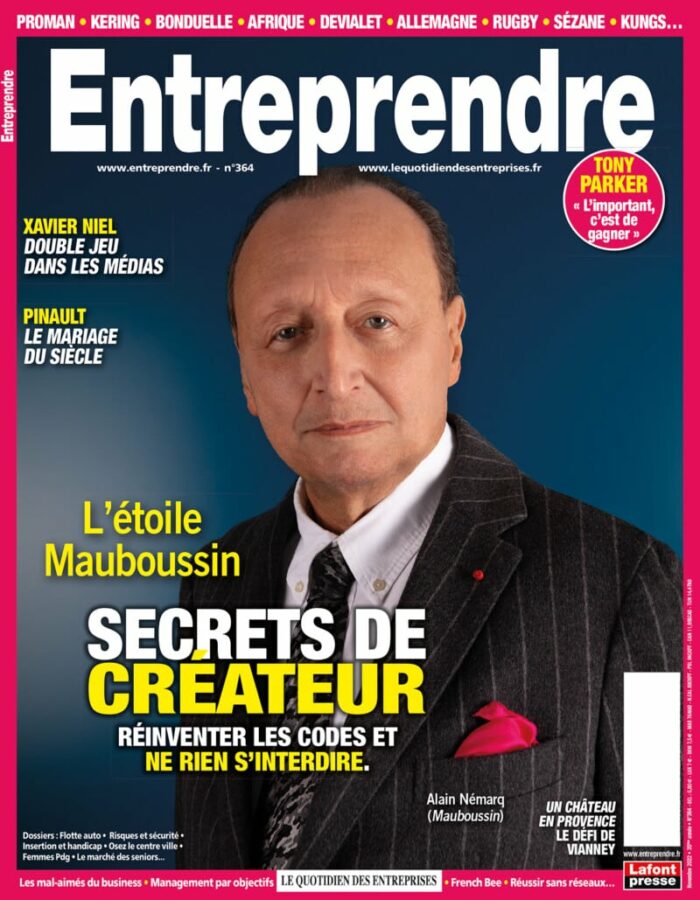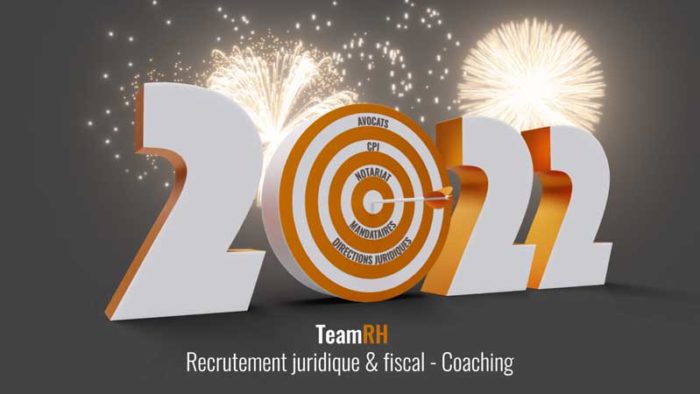Algorithms, AI and Recruitment
June 13, 2019 3:42 pmThe Experts Breakfast, an event organised by A Compétence Egale, which is an association engaged in the fight against the forms of discrimination in employment, took place last Thursday. On the agenda was a theme with multiple issues: Algorithms, AI and Recruitment, and what practices we should use today and in the future. What can we learn from it?
It is within an energetic atmosphere, in which discussion was encouraged, that we attended the debate involving 4 experts on the topic of the use of Artificial Intelligence in recruitment, through the use of new algorithmic tools by businesses.
Sara Benichou, Assistant Director in the Promotion of Equality; Jean Pralong, research professor in digital HR and career management; Djamil Kemal, co-founder of Goshaba; and Stéphanie Denis-Lecerf, President of A Compétence Egale, are committed to the responsible and equitable use of algorithms in the recruitment process. In particular, they advocate respect for the fundamental rights of jobseekers.
In fact, nowadays, more and more companies are aware that a failed recruitment can cost them dearly, and so resort to algorithms systematically. According to a recent edition of the barometer of recruiter’s habits produced by Tilkee, the time dedicated to a CV by recruiters gets smaller every year (34 seconds in 2018 vs 43s in 2017). As employers often receive agreat amount of CVs, the usage of algorithms has become commonplace, allowing them to proceed to the selection of candidates according to pre-established criteria. This tool is certainly useful. As long as you ask yourself the right questions.
What is an algorithm?
According to Larousse, an algorithm is a “set of operating rules whose application solves a problem with a finite number of operations”. Thus, this set of operating rules is created by a human, with a history, a culture, and naturally prejudices, as Sarah Benichou recalls. It is therefore inclined to be based on past data, and even more likely on current data to determine which candidates are most in line with the company and the profile it seeks.
The issues
The algorithm is therefore going to analyse the CV’s data in two ways: predictive and explicative. Depending on the elements of the CV, the tools will make predictions on future tendencies and the motives for the candidate’s behaviour. In the same way, this tool will establish a causal relationship between the variables of the CV, with the aim of “predicting” the success and the performance of a candidate in a future position or a future company.
Therefore, it is necessary to use the appropriate data and algorithms to obtain relevant results.
Firstly, the data. Whilst formatting their CV, it is imperative that the candidate promotes their key skills (including their soft skills), indicates their transferable skills, is precise (regarding figures), and focuses on the use of words (as icons and logos are not recognised). As recruiters, we know that this is not always the case. There are a great number of CVs which are not valued and as a consequence, will most likely not be selected by an algorithm. The enhancement of a candidate’s data is therefore an essential task for them.
Secondly, the use of this mass of data. At this point, our four experts remind us of the importance of asking oneself the right questions about the companies which are recruiting: What are we trying to predict? Which algorithms will be the best?
The strengths and threats of Big Data
Big Data (a mass of varied data from multiple sources), offers an access to a great amount of information, allowing a multicultural and multidisciplinary business approach. In this sense, Big Data is a contributor of an indisputable value.
But this data can equally pose a threat, as biased data will produce biased results. The risk would then be of creating a generation of clones, and missing out on high-potential, atypical talents.
The experts’ recommendations
Therefore, Big Data can be the basis of a more ethical, innovative recruitment. But this, as well as excluding discrimination in employment, may not be possible, unless algorithms are created stereotype-free, which will allow businesses to have access to new talents.
To do this, algorithm users in the process of the identifying, evaluating and selecting candidates for a job must make efforts to respect certain important points, among which:
- Adopting a responsible and equitable approach and respecting the principles of neutrality and transparency in the recruitment process;
- Clearly informing the candidate of the use of algorithms used to evaluate his/her application;
- Clearly informing the candidate of the objectives sought, their conditions, functions, and expected and eventual results;
- Ensuring the data is collected legitimately, respecting the privacy and dignity of the person, in a non-discriminatory manner;
- Analysing and managing the effects of the process regularly;
- Applying the principle of precaution in the interpretation and analysis of results;
- Keeping full control of hypotheses and settings;
- Training and educating co-workers;
- Making the algorithms reviewable;
- Keeping control of the decision-making process;
- Assuming full responsibility of the use of these tools;
- Ensuring that subcontractors respect the same commitments.
These guidelines advocated by the A Compétence Egale association are listed in “the algorithmic chart, artificial intelligence and recruitment” (« la charte algorithmiques, intelligence artificielle et recrutement »), available in the association’s website.
TeamRH, Recruitment Company located in Paris, is a crucial player in the legal and financial sector. We provide services for our national and international clients, aligning ourselves with their pursuit of excellence. Our consultants benefit from an in-depth knowledge of the market and legal professions in order to fully understand the missions entrusted to them. In addition, each CV is carefully studied in order to give the candidate every opportunity in the position he/she applied to, or even on another position that we could propose.
Find all of our available positions here. Apply now!












